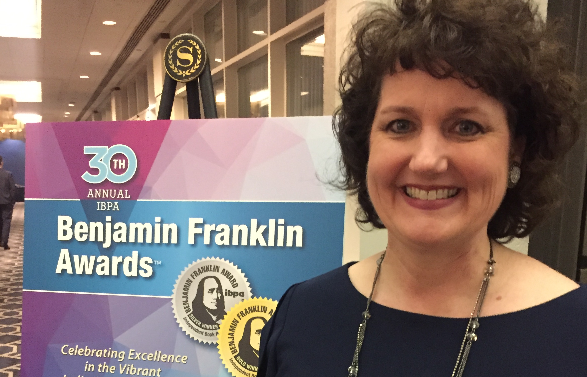Have you ever had something really exciting happen and were at a loss for words? Last week this happened to me and here’s what I’d like to say…
The words “thank you” are an appropriate response in almost any situation. Expressing gratitude elevates the mood of conversations and makes you feel better, too. Even in response to criticism the words “thank you for your feedback” will keep the conversation more productive.
And, sometimes the fewer words you say – the larger messages you convey.
Have you ever noticed the quietest people around you? They are the:
Coworkers who don’t say much during meetings a work. However, when they do speak up, everyone pays attention.
People who work behind the scenes without a lot of commotion. When they take a few days of vacation, everyone panics until they return.
Salespeople who are present and really listen. You end up telling them all of your needs, the history of your purchases and practically your life story.
Some people use a “he who speaks first loses” philosophy as a negotiation tactic. They hope silence will make the other party feel uncomfortable and continue talking, possibly revealing unfavorable information. The tactic can work. However, once people discover you are waiting for them to slip up, they become guarded and stop all communications.
Instead, use this more positive approach to using few words in your negotiation:
Ask open-ended questions instead of making statements. By asking a question you require the other person to formulate an answer and respond to you. Ask questions to have others clarify their position. Then, listen patiently without helping them finish their sentences. Probe with more questions to separate issues from emotions.
Practice. Try this today. The next time you have a lull in the conversation with a friend, try to remain silent. Allow him/her to think or take a pause for a moment. Practicing silence is difficult! Once you are comfortable with quiet, you start listening for words which aren’t spoken.
Know what you want and what you think the other person might want. Before going into a negotiation, be clear on what a “win” is for you. Once you’ve achieved your objective – BE QUIET! A natural response after a successful negotiation is to let off steam and/or create small talk. Don’t do it. Instead, politely part company, leave the room, or end the phone conversation.
And… at the end of every negotiation always remember to say, “Thank you.”
Negotiate to Great!
About Linda: A recognized authority on negotiations, workplace issues and strategic communication, Linda Swindling, JD, CSP is an author, media expert, a “recovering” employment attorney, and a professional speaker. Contact us to book Linda to speak at your event.
